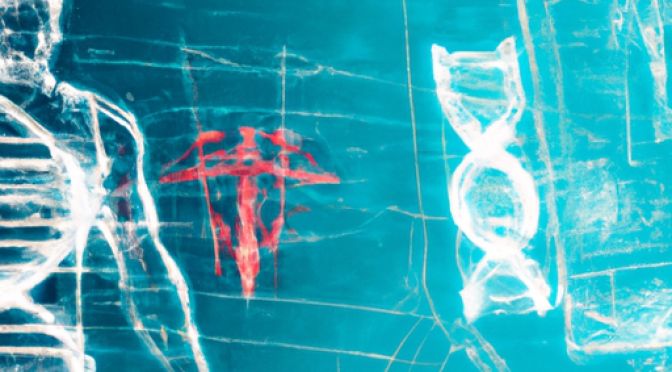How can genetic information be integrated into AI-based healthcare systems?
AI (artificial intelligence) technology is revolutionising healthcare systems, enabling more accurate diagnoses and more personalised treatments. However, to increase the efficiency and accuracy of AI, it is important to integrate genetic information into systems.
Genetic information contains an individual's hereditary traits and predispositions, which can have a significant impact on health and susceptibility to disease. By integrating AI-based health systems, it is possible to analyse and use genetic data to develop diagnoses and treatment plans.
Collection and storage of genetic data
The first step is to collect and store genetic data. This requires genetic testing of patients, during which DNA samples are analysed. AI-based systems can process and store large amounts of genetic data, ensuring access and security of data.
Analysis and interpretation of genetic data
Analysis and interpretation of genetic data is key to integrating genetic information. AI-based systems can compare data with reference databases and identify genetic variations and mutations. This allows predisposition to disease to be estimated and personalised treatment plans to be developed.
Use of genetic information in diagnoses and treatment plans
Integrating genetic information allows for more accurate diagnoses and more personalised treatment plans. AI-based systems can link genetic data to clinical features of diseases and disease progression. This helps doctors to detect diseases early and develop appropriate treatment strategies.
Data protection and ethical issues
The integration of genetic information into AI-based healthcare systems raises a number of privacy and ethical issues. It is important to ensure that patients' personal data is protected and stored securely. In addition, ethical guidelines and legal constraints on the use of genetic data must be taken into account.
The integration of genetic information into AI-based healthcare systems offers enormous potential for disease prevention, diagnosis and treatment. However, successful integration requires proper data collection, analysis and data protection. Only then can the full potential of combining genetic information and AI in healthcare systems be achieved.
∑: genetic, systems, information, treatment, healthcare, diagnoses, disease, personalised, integrating
